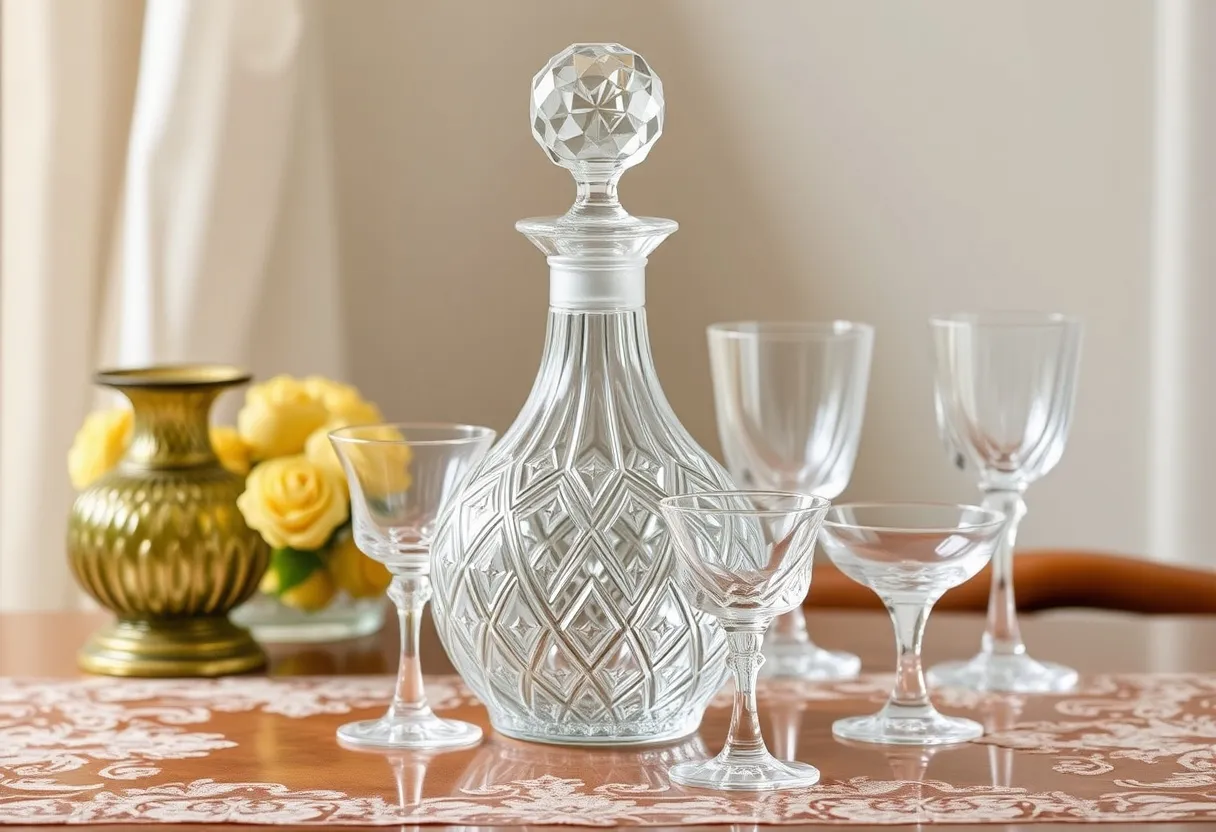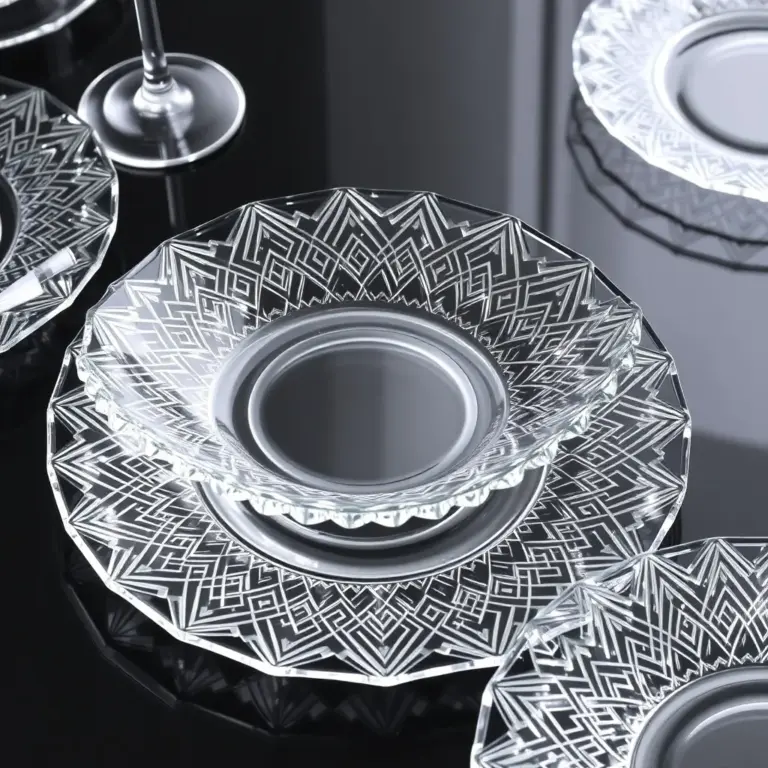> Blogs > Understanding EU Lead Crystal Glass Safety Standards From SHD Crystal
Understanding EU Lead Crystal Glass Safety Standards From SHD Crystal
Core keyword: EU lead crystal glass safety standards
Our industry surveys have revealed that many customers, when purchasing elegant drinkware or gifting luxurious decanters, are unaware of the strict EU lead crystal glass safety standards behind these shimmering masterpieces. These standards ensure that while crystal glass dazzles with brilliance, it never compromises on safety — especially for items in contact with food or beverages.
EU Lead Crystal Glass Safety Standards: A Guide to Safe and Compliant Use

In the European Union, lead crystal glass is regulated under Regulation (EC) No. 1935/2004, which governs materials intended to come into contact with food. Under this law, any crystal glass item sold within the EU must meet both compositional and leaching limits to be deemed compliant.
Specifically, the European Committee for Standardization (CEN) defines crystal glass in four categories (EC Directive 69/493/EEC), with Category 1 being traditional lead crystal containing at least 24% lead oxide (PbO). Despite the high lead content, strict testing methods ensure consumer safety by limiting how much lead can migrate from the glass to food or drink.
According to Council Directive 84/500/EEC, which applies to ceramic and glass food contact materials, the permitted migration limit for lead from crystal glass used for beverages is:
0.1 mg/L for items such as wine glasses and tumblers (Category B).
Modern test protocols, such as the EN 1388-1 standard, simulate realistic usage conditions (e.g., acidic beverages) to ensure compliance. If the lead release exceeds permissible limits, the item cannot be marketed in the EU for food contact purposes — no exceptions.
Crystal Glassware Compliance and Market Responsibility
Manufacturers must conduct batch testing and retain certificates of conformity to prove crystal glassware compliance. For B2B buyers sourcing glassware for luxury hospitality or gift markets, verifying these certificates is essential. Failure to comply can result in product recalls, penalties, or bans from the European market.
According to a 2023 compliance report from TÜV Rheinland, less than 2% of inspected imported crystal glassware exceeded EU migration limits, showing how effective modern safety standards and routine auditing have become.
Additionally, regulations extend to labeling. In the EU, only glass products that meet strict compositional criteria—such as a minimum of 24% lead oxide—may be legally labeled as “lead crystal”. This legal protection preserves not only consumer safety but also product authenticity in a competitive international market.
The Role of European Food Contact Materials Policy
The European food contact materials policy places consumer health at the core of product compliance. Glass manufacturers and OEM suppliers must stay informed on REACH compliance, particularly regarding the use of lead and cadmium in glass matrices, which are subject to specific exemptions.
Notably, the EU has been reviewing its food contact legislation framework to potentially introduce stricter thresholds or alternative labeling for leaded crystals. While the traditional appeal of lead crystal remains strong in fine dining and heritage glassware, sustainability and health concerns are prompting a new generation of lead-free crystal alternatives.
EU lead crystal glass safety standards are not just about meeting regulations — they represent a commitment to craftsmanship, transparency, and consumer trust. Whether you are sourcing for a retail line or designing private-label drinkware, working with compliant, knowledgeable manufacturers is crucial.

📩 Looking to source EU-compliant crystal glassware?
We offer custom OEM solutions that fully meet European safety directives, from material sourcing to batch testing. Contact us to manufacture your unique crystal glass products in compliance with regulations.
These standards maintain a critical balance between aesthetic value and regulatory compliance. Compliance is not optional—it’s essential.